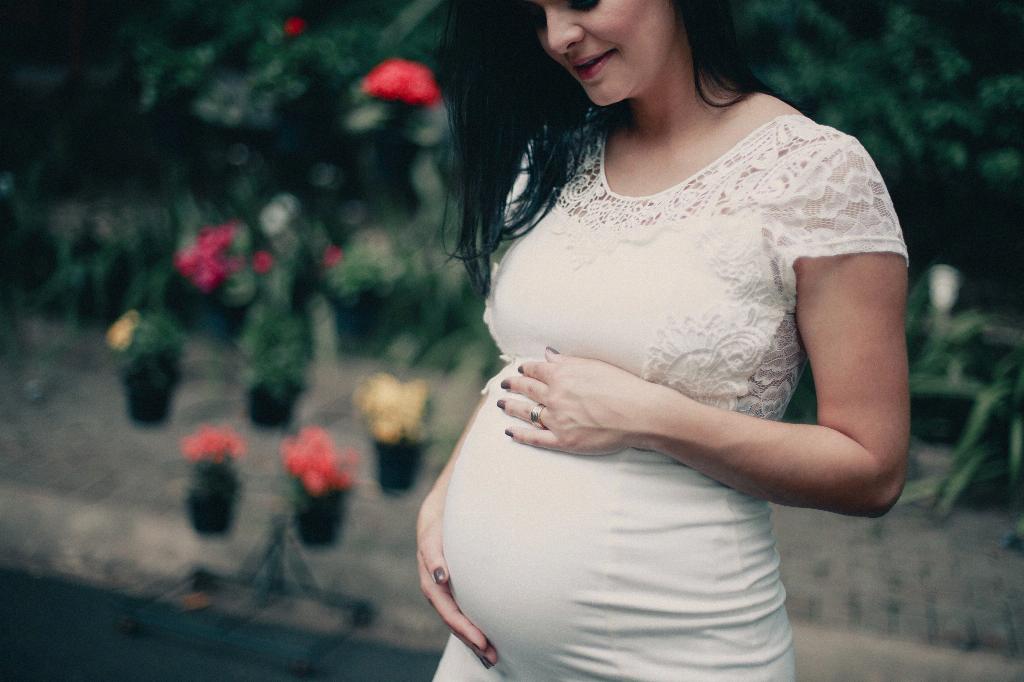During the early stages of pregnancy, especially around 5 weeks, it is not unusual for many women to experience sensations that may feel similar to those preceding their menstrual cycles. This can be concerning, but it’s important to understand the physiological changes occurring in your body at this crucial time.
Uterine Changes
One of the primary reasons for feeling like your period is about to arrive is the significant changes taking place in your uterus. At 5 weeks pregnant, your uterus is rapidly expanding and preparing to support the growing embryo. This expansion can lead to sensations of heaviness and fullness in the pelvic region, mimicking the pre-menstrual phase.
Pelvic Engorgement
Alongside uterine changes, pelvic engorgement plays a crucial role in the sensation you may experience. The increased blood flow to the pelvic area can create a feeling of bloating and discomfort, similar to what occurs before menstruation. This engorgement is essential for nurturing the developing pregnancy.
Development of the Placenta and Amniotic Sac
At 5 weeks pregnant, the formation of the placenta and amniotic sac is still ongoing. These structures are essential for providing nutrients and support to the embryo throughout the pregnancy. The process of their development can lead to sensations that may feel like menstruation is imminent.
Hormonal Fluctuations
Hormonal changes play a crucial role in pregnancy, and at 5 weeks, your body is adjusting to elevated levels of hormones necessary for sustaining the pregnancy. These fluctuations can sometimes trigger symptoms that resemble pre-menstrual discomfort, adding to the sensation of an impending period.
Implantation Bleeding
Another factor that can contribute to the feeling of your period approaching at 5 weeks pregnant is implantation bleeding. This occurs when the fertilized egg attaches to the uterine lining, causing slight bleeding. This can be mistaken for the start of a menstrual period, adding to the confusion.
Emotional Impact
It’s essential to acknowledge the emotional aspect of early pregnancy symptoms that mimic those of menstruation. The uncertainty and anxiety that come with interpreting these sensations can add to the overall stress of being in the early stages of pregnancy.
Individual Variations
Every woman’s experience of pregnancy is unique, and the way your body responds to the changes occurring at 5 weeks pregnant may differ from others. It’s important to listen to your body, communicate any concerns with your healthcare provider, and seek reassurance when needed.
Health Considerations
If you are experiencing severe pain, heavy bleeding, or any concerning symptoms that go beyond the normal discomfort associated with early pregnancy, it is crucial to seek medical advice promptly. Your health and well-being, as well as that of your developing baby, should always take precedence.
Importance of Monitoring
Regular monitoring and prenatal care are vital during pregnancy, especially in the early weeks. Keeping track of your symptoms, communicating openly with your healthcare provider, and attending scheduled appointments can help ensure the best possible outcome for both you and your baby.
Conclusion: Navigating Early Pregnancy Symptoms
In conclusion, the sensation of feeling like your period is on the way at 5 weeks pregnant is a common experience for many women. Understanding the physiological, hormonal, and emotional factors at play can provide reassurance and clarity during this early stage of pregnancy. Remember to prioritize self-care, seek support when needed, and trust in the medical guidance provided to navigate this transformative journey.

